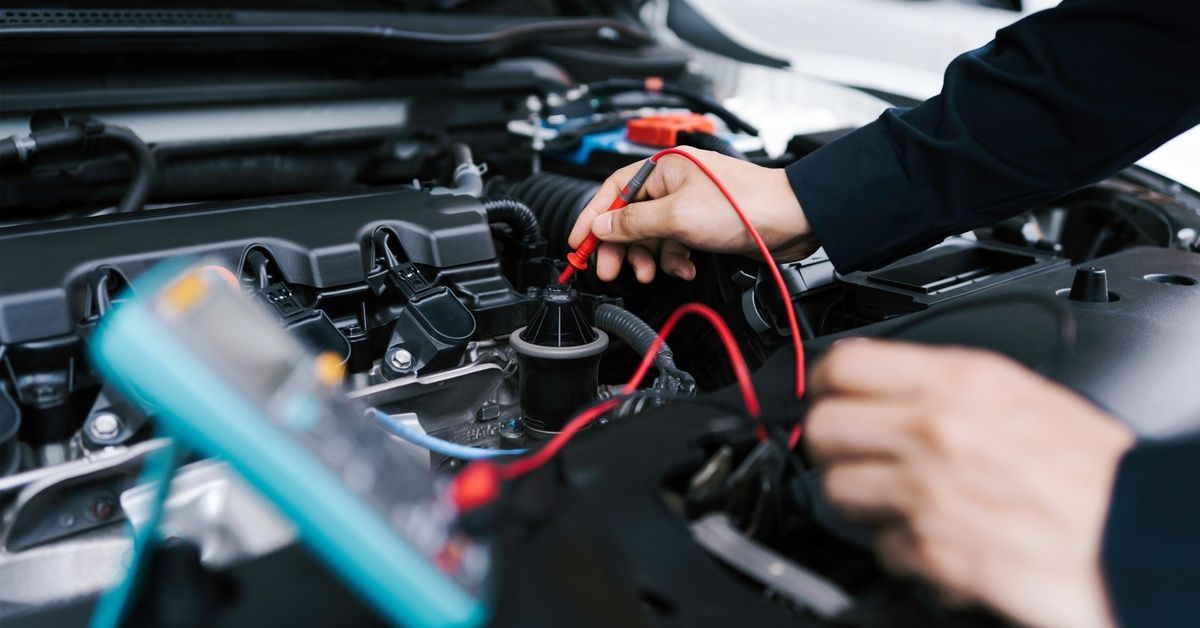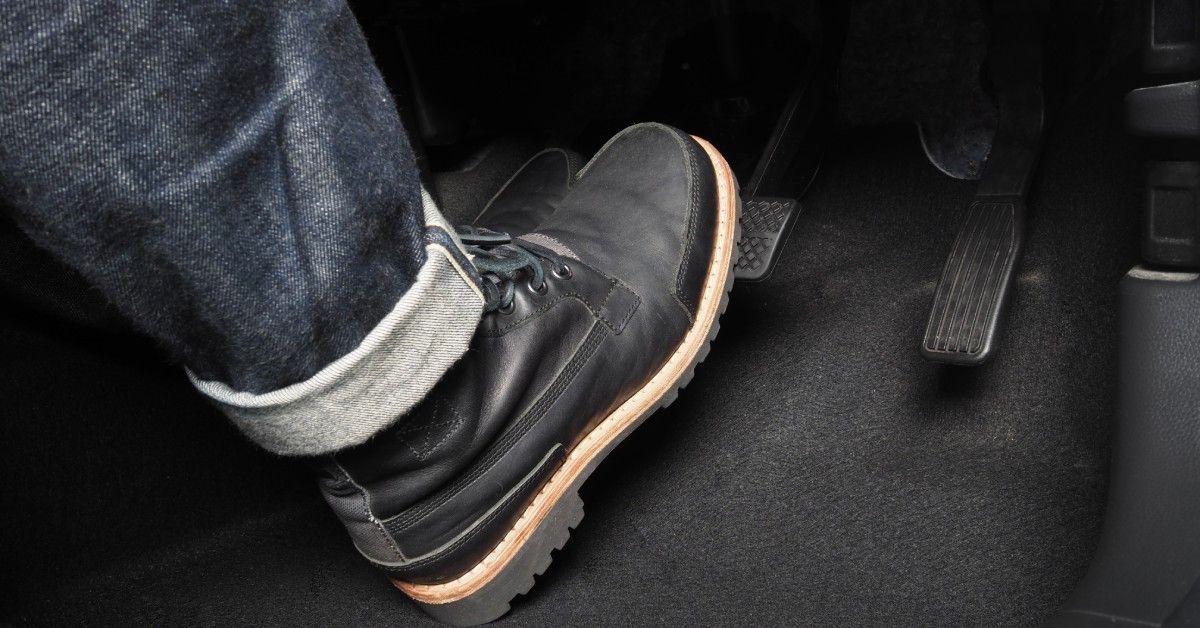How Often Should You Get Your Suspension Inspected?
Operating a vehicle wouldn't be possible with the work that the suspension performs. The suspension has numerous parts that require maintenance and inspection to ensure the optimal function of the wheels while driving. It's important to stay up to date with inspections, and various factors determine how often you should check your suspension.
Wear and Tear on the Suspension
A vehicle’s suspension undergoes constant stress. The wheels will go over potholes, speed bumps, and gravel in constriction areas while keeping your vehicle steady. The continuous effort will wear the suspension and eventually cause it to degrade. If you frequently encounter rough roads that are challenging to drive over, it would be wise to have your suspension inspected often.
Vehicles that often go offroading or drive through construction sites will have more strain on their suspension due to the rough terrain they often navigate. Inspecting the suspension more often will prevent the system from breaking and parts coming undone.
Inspections Based on Mileage of the Car
Most vehicle parts will have an inspection scheduled for a specific time. Oil changes are recommended every three months, and brake rotors have a recommended inspection period of around six months. You could follow the suggestions of these inspections by having the suspension checked yearly.
However, these time estimates are often an average that doesn't account for specific conditions the vehicle may normally go through. The use of your car and how often you drive it may affect how often you should have the suspension checked, but the decision of when to have your vehicle inspected is ultimately up to you.
How Long Is Too Long To Wait Between Inspections?
You may not always have as much time as you need to check the suspension of your vehicle. If you’re not able to adhere to a consistent maintenance schedule, you may wonder how much time is too long to wait between inspections. If the suspension goes more than a year without inspection, your risk of running into problems within the system may increase. It would be beneficial to stick to a yearly inspection schedule to ensure the best maintenance for your suspension; adhering to this schedule ensures you won't need to worry about problems such as shocks and struts replacement.
A suspension system is an essential system of parts within a vehicle, and given the numerous pieces, it's important to have it inspected on schedule. Inspections will catch any issues that may worsen if left unchecked, so take your vehicle to the mechanic yearly for the best maintenance of your suspension.




